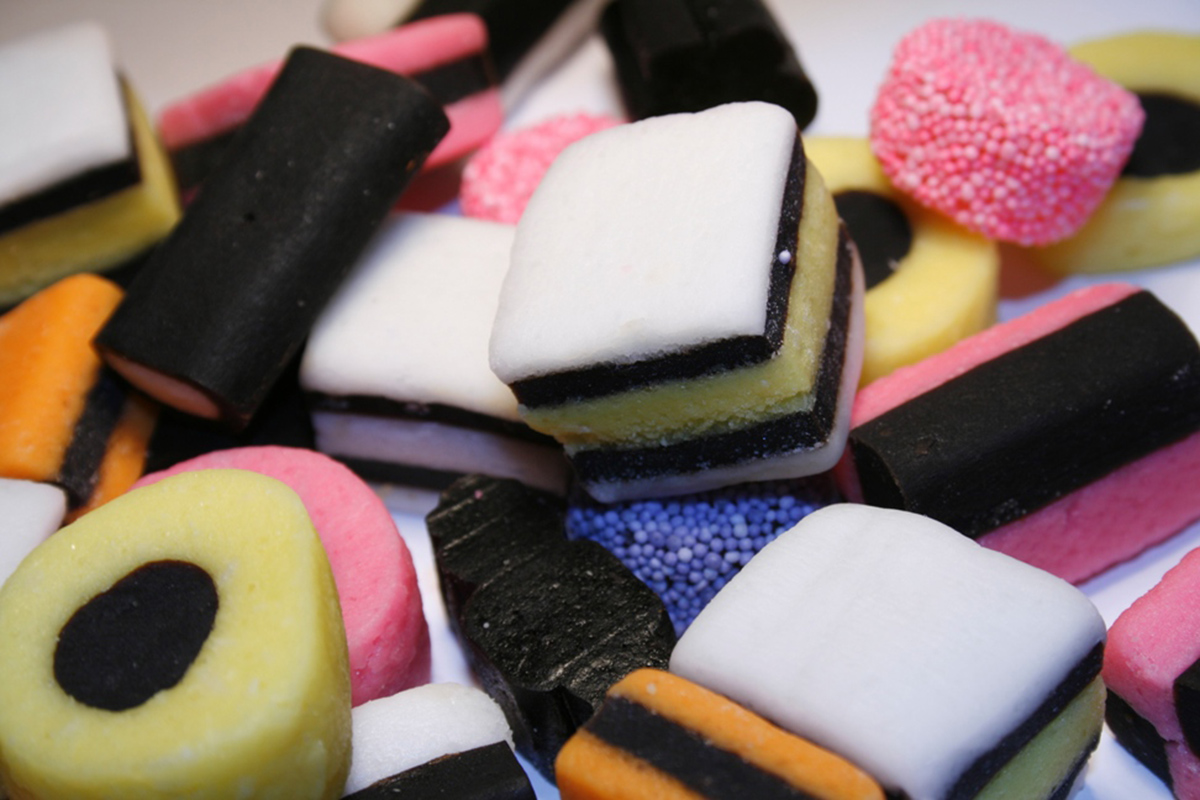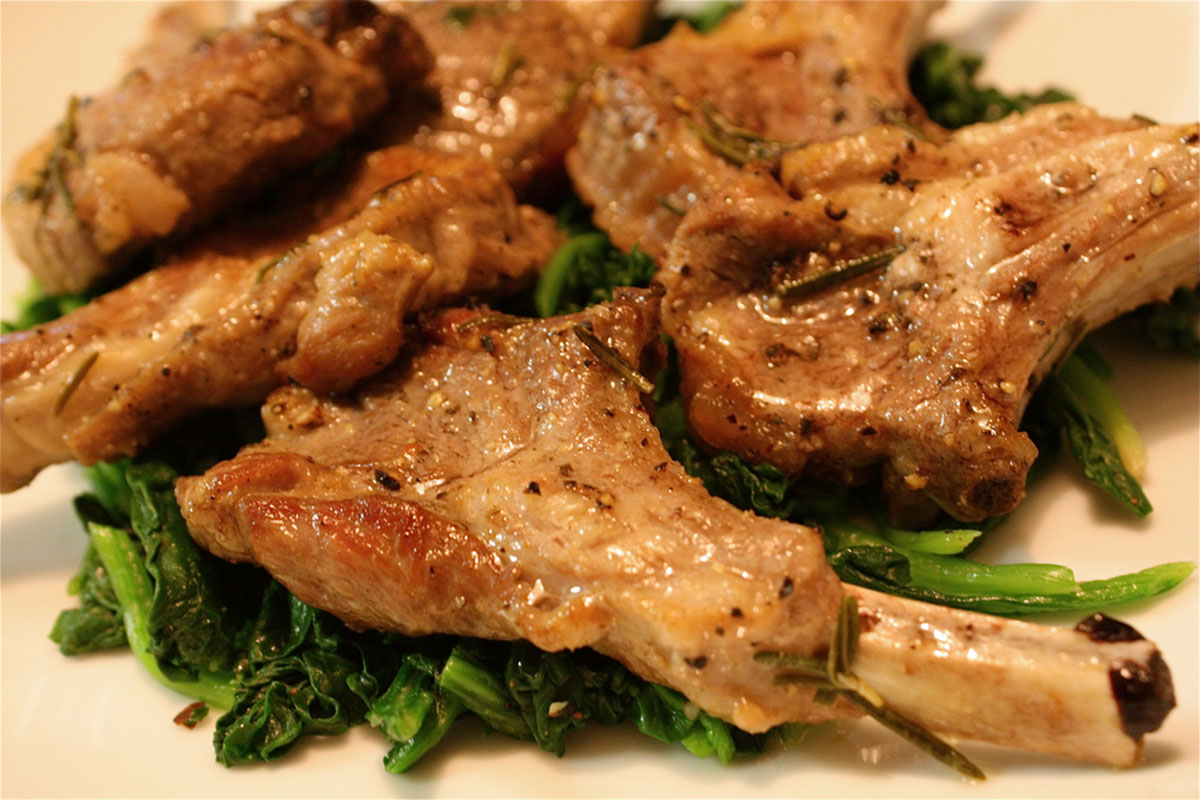In the 1990's, I covered an ongoing scandal regarding a very popular herb called kava. A native remedy of the South Pacific, kava was (and is) remarkably effective at relaxing muscles and inducing sleep, although it should never be used with sedatives, tranquilizers, certain painkillers, or alcohol.

A colleague in Germany sent me the case reports and I started reading.
Of the 38 cases of liver damage blamed on kava, 36 involved taking another drug that is known to cause liver damage, while only 2 involved using the herb by itself without any medications known to be liver-toxic. Except for those two instances, the stories that made the headlines and that spurred regulatory action as easily could have read, "White Bread Causes Auto Crashes," because 36 out 38 people who had auto crashes had eaten white bread in the previous month.
Claims for what herbs and supplements can do--both good and bad--are often made up. But nonetheless, there are a few herbs that are actually potentially toxic, especially to the liver, and you should avoid them. Here are the herbs and supplements you need to know, especially if you have kidney disease.
1. Licorice
For most of us, licorice is an acquired taste, but some people are addicted to licorice candies, licorice-flavored Throat lozenges, and licorice-flavored liqueurs. Licorice in small amounts usually does not cause problems, but using licorice in herbal teas on an ongoing basis can be dangerous. Licorice-flavored drinks popular among Muslims during Ramadan, drunk to excess, can also cause problems.
A chemical called glycyrrhizin can cause a condition known as pseudohyperalosteronism, in which the kidneys retain minerals, especially potassium. Bloodstream levels of potassium can become toxic, and, in a few cases, deadly, after excessive consumption of licorice for several weeks. Licorice poisoning can be especially severe in people who take ACE-inhibitors (drugs such as lisinopril or ramipril) or ACE-receptor blockers (drugs such as losartan) for high blood pressure. Products labeled "deglycyrrhizinated licorice" or DGL are non-toxic.
2. Cat's claw
Cat's claw, also known as uña de gato, is a South American rain forest herb with remarkable and real immunostimulant properties. Many people who have chronic infections or cancer use this herb as an adjunct to their medically prescribed treatment programs with good results.
In a few cases, one of them documented in the medical literature, taking cat's claw made the symptoms of lupus erythematosus, particuarly protein leakage into the urine, much worse.
See Also: Mediterranean-Style Diet May Protect Your Kidneys
3. Aristolochia
Aristolochia is actually a genus, a group of over 500 plants that include asarum and wild ginger, both of which are used in Traditional Chinese Medicine. About the year 2000, a large number of people were affected by "Chinese herbs nephropathy," needing dialysis, after taking formulas containing these herbs.
The US Food and Drug Administration is especially careful to exclude any products that even possibly contain this herb from being offered on the American market, but it still is used, and still causes kidney problems in China and Taiwan.
More Potentially Kidney-Toxic Herbs And Supplements
4. Noni juice
What could possibly be kidney-toxic about this Tahitian fruit juice? The problem with noni juice is precisely that it is extremely nutritious. Noni juice contains so much potassium that people who have existing kidney disease and people who take ACE-inhibitors or ACE-receptor blockers for high blood pressure should not drink it.

5. Rhubarb, spinach, and lamb's quarters
Rhubarb, which is always served cooked, spinach, either cooked or uncooked, and especially lamb's quarters contain extremely high amounts of oxalic acid, which can cause kidney stones. They are OK for an occasional change of pace but people who are prone to kidney stones should avoid eating the more often than every few weeks.
6. Juniper berries, parsley, horsetail, lovage, golden rod, stinging nettle, asparagus root, uva-ursi, and alfalfa sprouts
These common diuretic herbs really should be called "aquaretic."
As a result, sodium, potassium, and magnesium can build up in the bloodstream to unhealthy levels. Any loss of "water weight" will only be temporary, as the body will have to replace the fluid lost and more to dilute the electrolytes accumulating in the bloodstream. These herbs should also be avoided by people who have kidney stones, since the buildup of urine increases the likelihood the stones will be dislodged.
7. Vitamin C
Vitamin C taken in doses of over 2,000 mg a day can induce oxalosis, which can lead to the formation of kidney stones.
8. Cranberry juice tablets
Unsweetened cranberry juice contains complex polysaccharides that keep bacteria from attaching themselves to the lining of the urinary tract. Cranberry juice tablets, however, contain oxalic acid that can accelerate the formation of kidney stones.
9. Other directly toxic nutritional supplements
Chromium picolinate, taken in a dosage over 1600 micrograms per day (about 16 times the recommended dosage), can cause destruction of the tubules that has to be treated with dialysis. The body building supplement creatine monohydrate, taken in doses of 5 grams per day, can cause acute tissue destruction in the kidneys, which is preceded by nausea, vomiting, and flank pain. Chronic use of L-lysine supplements, usually to keep herpes infections under control, in doses of 3000 mg per day, has in at least one case caused Fanconi syndrome, which manifests itself as extreme acidity and dehydration. Germanium and nickel supplements taken in excess can be directly toxic to the kidneys.
See Also: Ten Home Remedies for Kidney Stones: Renal Calculi Treatment
Bits and pieces of proteins from the muscles can cause irreversible kidney failure. The first sign of rhabdomyolysis is extreme muscle pain. Even if you expect muscle pain from working out, see a doctor immeidiately. Creatine, licorice, and wormwood oil have all been known to induce rhabdomyolysis.
10. A special warning about pennyroyal
The herb pennyroyal is extremely toxic to parasites. Unfortunately it is also extremely toxic to people. No one should ever take pennyroyal by mouth. This herb can cause a combination of liver and kidney damage that is rapidly fatal even with modern medical treatment.
- Effects of herbal supplements on the kidney. Combest W, Newton M, Combest A, Kosier JH. Urol Nurs. 2005 Oct. 25(5):381-6, 403. Review. No abstract available.PMID: 16294617.
- Jha V. Herbal medicines and chronic kidney disease. Nephrology (Carlton). 2010 Jun.15 Suppl 2:10-7. doi: 10.1111/j.1440-1797.2010.01305.x. Review. PMID: 20586941.
- Photo courtesy of JonoTakesPhotos by Flickr: www.flickr.com/photos/jonathanbeard/2941770446
- Photo courtesy of Naotake Murayama by Flickr: www.flickr.com/photos/naotakem/4677570942


Your thoughts on this